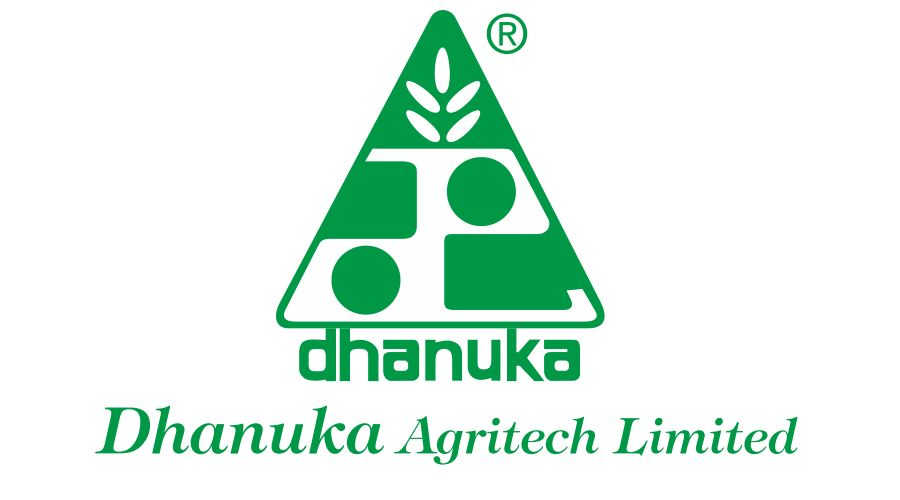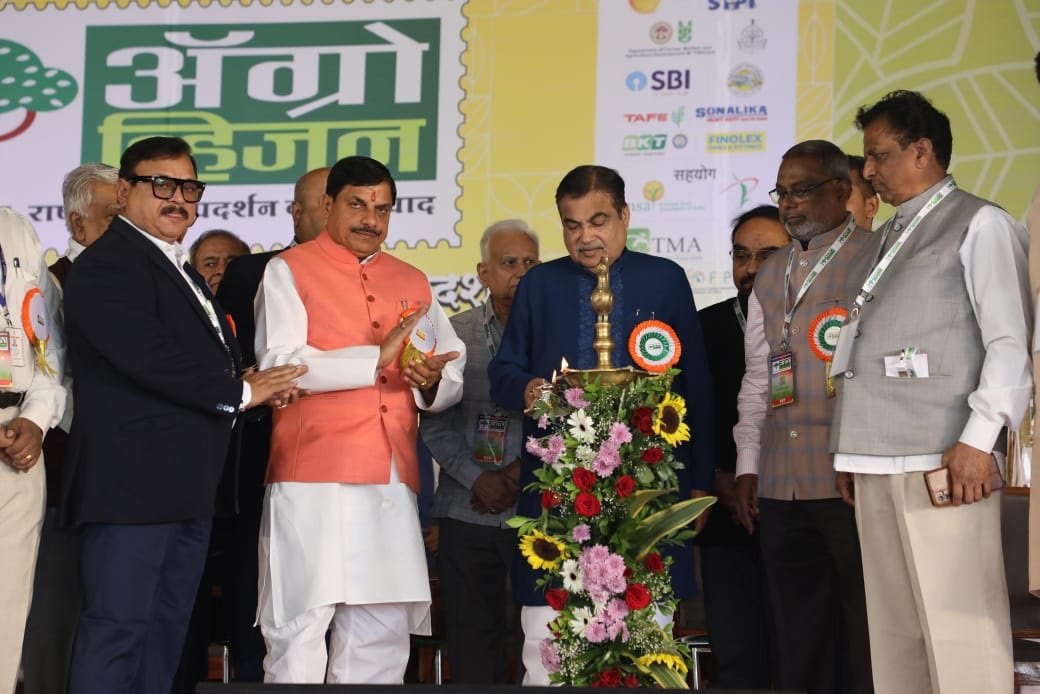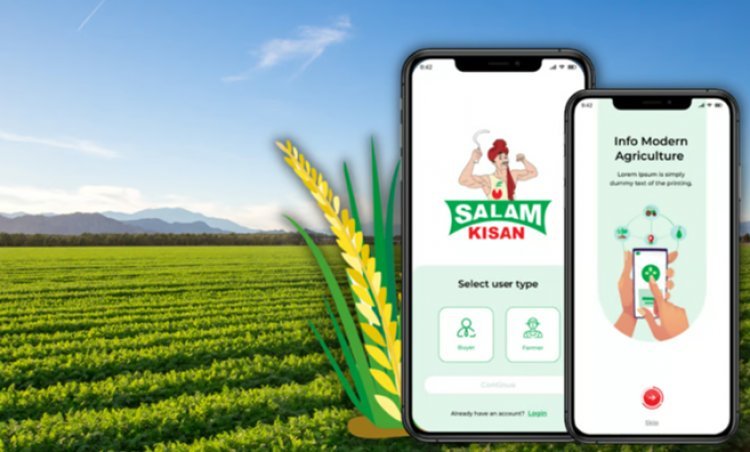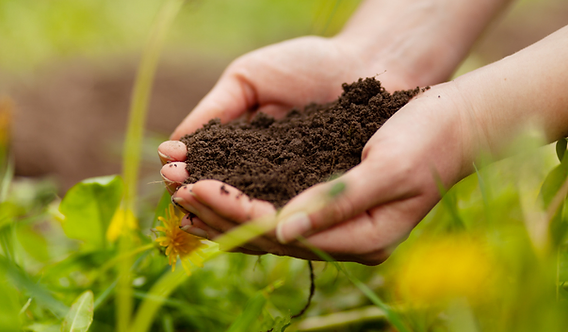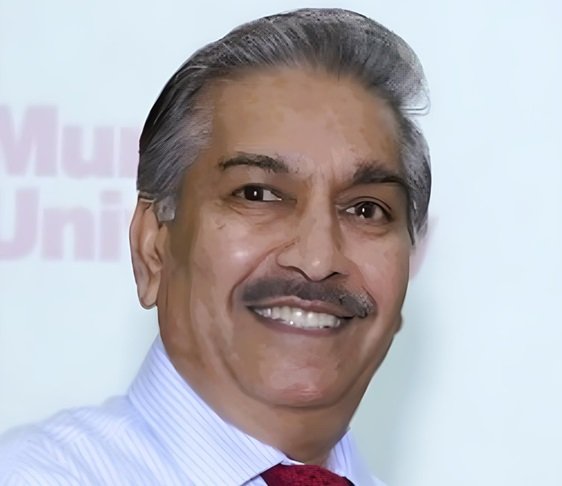Dr U S Awasthi, MD, IFFCO receives Rochdale Pioneers Award of The International Cooperative Alliance
ICA President Ariel Guarco presented the award to Dr Awasthi during a special ceremony at the ICA Global Conference in New Delhi, India, on 25 November.
The 2024 Rochdale Pioneers Award of ICA presented to Dr Awasthi, Managing Director of the Indian Farmers Fertiliser Cooperative Limited (IFFCO). Dr Awasthi is the second Indian citizen to receive the Award, after Dr Verghese Kurien, the recipient of the 2001 Award. Established in 2000, the Rochdale Pioneers Award is the highest honour the ICA bestows. It aims to recognise, in the spirit of the Rochdale Pioneers, a person or, under special circumstances, a cooperative organisation, having contributed to innovative and financially sustainable cooperative activities that have significantly benefited their membership.
A chemical engineer, he joined IFFCO in 1976. Under his leadership, the cooperative increased its production capacity by 292 per cent and net worth by 688 per cent, under his leadership IFFCO has forayed into various business sphere, diversified its business and successfully innovated and indigenously developed Nano Fertilisers for the farmers of India.
ICA President Ariel Guarco presented the award to Dr Awasthi during a special ceremony at the ICA Global Conference in New Delhi, India, on 25 November. IFFCO Ltd. is hosting the ICA General Assembly and Global Cooperative Conference 2024 in partnership with the International Cooperative Alliance and the Union Ministry of Cooperation. The event is being held at Bharat Mandapam in Delhi and will conclude on 30th November 2024.
Dr Awasthi said that, “I am humbled and honoured to receive this prestigious award of ICA. This award embodies the Hon’ble Prime Minister Shri Narendra Modi’s vision of “Sahkar se Samriddhi” and highlights IFFCO’s exceptional efforts under the guidance & dynamic leadership of the Hon’ble Minister of Cooperation, Shri Amit Shah. We remain dedicated to advancing their vision of elevating India’s cooperative movement on the global stage. I extend my heartfelt gratitude to the International Cooperative Alliance and global cooperative fraternity for this recognition, that inspires us to uphold and advance the cooperative spirit globally.”
Dr Awasthi further said that; IFFCO championed sustainable agriculture through Nano fertilizers like Nano DAP and Nano Urea Liquid, transforming farming practices and meeting the demand for eco-friendly solutions. Locally produced Nano fertilizers tackled logistical issues, reduced import reliance, and replaced bulky packaging with compact bottles. These innovations improved soil health, boosted farmer profitability, and promoted environmentally responsible farming”. IFFCO’s new indigenously developed products Nano Urea and Nano DAP is being used by farmers happily across the nation now and the acceptance of these products are widely being accepted by farmers in each and every corner of India and some other foreign countries specially neighbouring countries and IFFCO is being approached by other foreign countries also for the supply of Nano Fertilisers and we are planning to export the Nano fertiliser to 25 more foreign countries in upcoming future.
ICA President Ariel Guarco presented the award



